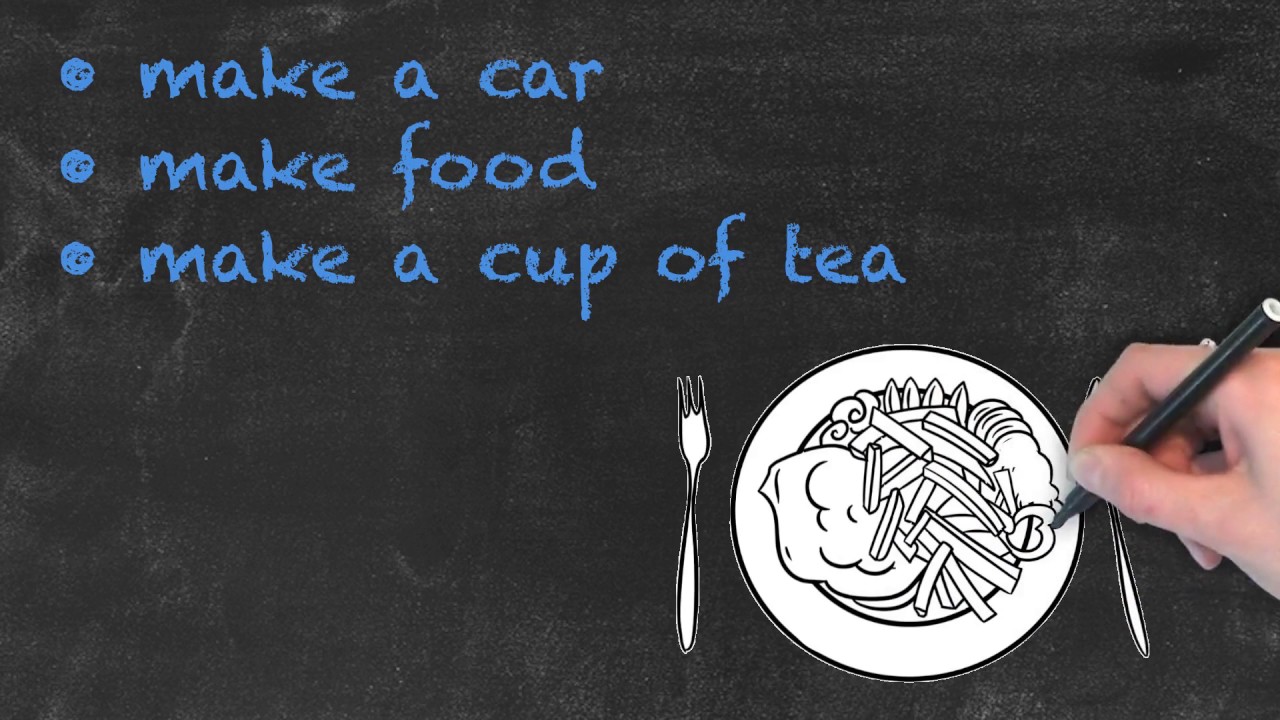Do vs Make | Ask Linda! | English Grammar

In this video Linda breaks down the difference between the usage of “do” and “make”.
When ‘do’ or ‘make’ are used as main verbs it can be confusing to ESL learners.
Let’s break it down:
DO
We use the verb ‘do’ when someone performs an action, activity or task.
Some examples include:
• do a crossword
• do the ironing
• do your job
• do the dishes
• do homework
We also use the verb ‘do’ when speaking about things in general and to describe an action without saying exactly what the action is. This form is often used with the words ‘something, nothing, anything, everything, etc.’
I’m not doing anything today.
He does everything for his wife.
He’s doing nothing.
There are also a number of set expressions that take the verb ‘do’, such as:
• do badly
• do business
• do a favor
• do good
• do harm
• do time – (to go to prison)
• do well
• do your best
• do your hair
Now let’s look at ‘make’.
We use the verb ‘make’ for constructing, building or creating, for example:
• make a car
• make food
• make a cup of tea
There are also a number of standard expressions that take the verb ‘make’. For instance:
• make arrangements
• make a choice
• make a decision
• make an effort
• make an excuse
• make friends
• make a journey
• make a mistake
• make money
and many others.
I hope this clears up any confusion.
That’s it for today. See you next time!

Leave a Reply